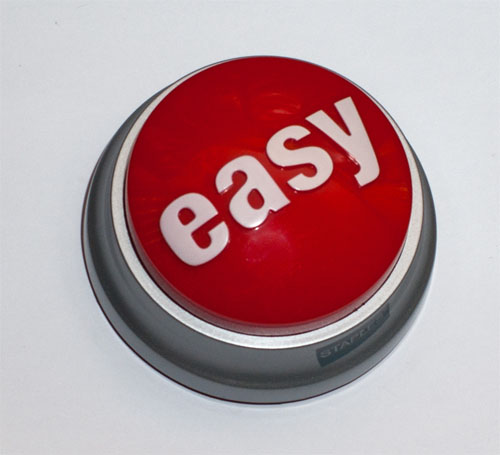„Whenever anger comes up, take out a mirror and look at yourself. When you are angry, you are not very beautiful.“
Thich Nhat Hanh, Anger: Wisdom for Cooling the Flames
 Recently, my little 6-year-old niece, had a fit of rage. She burst out with fury out of the blue when she was at my parents’. She cried, yelled, and screamed at my mum who could not calm her down. She worked herself up without any obvious reason. My dad who was disturbed by the noise, came out of his study, and was deeply moved to see my mum in tears, and asked his granddaughter “What is going on, sweetheart? What is this dispute about?” My niece just said “Grandpa, I do not know what to do with my anger.” And my dad answered in a very strict tone “When you are irked, peeved or angry, the first thing you do is to sit down and think.”
Recently, my little 6-year-old niece, had a fit of rage. She burst out with fury out of the blue when she was at my parents’. She cried, yelled, and screamed at my mum who could not calm her down. She worked herself up without any obvious reason. My dad who was disturbed by the noise, came out of his study, and was deeply moved to see my mum in tears, and asked his granddaughter “What is going on, sweetheart? What is this dispute about?” My niece just said “Grandpa, I do not know what to do with my anger.” And my dad answered in a very strict tone “When you are irked, peeved or angry, the first thing you do is to sit down and think.”
My niece is a smart and pretty little girl who just started school. I love her dearly, and I am amazed by her ability to articulate her emotions very clearly. I had to smile at my dad’s response that was so typical for him. And I wondered how would I react in a heated situation like this? What would I say to my niece?
Well, I would probably start off by acknowledging that all emotions – including anger – are valid. “I know you feel passionately angry right now. And this is totally normal. Anger is a healthy emotion. Everyone feels angry once in a while for different reasons. There will always be situations in your life in which you will feel angry. I just want you to know that when you are angry you can cause harm to yourself and to people around you who love you.”
Then, we would explore together what the root cause of my niece’s anger was. With her, it could be a stressful situation at school. She is kind of a free spirit, very ambitious, and sometimes has a hard time adjusting to the formal and informal communication rules at school. This causes a high level of stress for her. How adults physically manifest emotions is linked to experiences in the past. Potential triggers, for instance, can be traumatic events.
Although my niece can clearly name her emotions, it is important to understand that she does not use anger in lieu of expressing other emotions. While anger can be used as a coping mechanism, it is crucial to learn to identify the underlying emotions in order to be able to to develop one’s emotional intelligence effectively.
Awareness and willingness are the keys to identifying anger red flags and to controlling your anger when you experience it. With my niece, I would continue inquiring: „How did you feel the anger coming up, sweetie?“ Often times, anger reveals itself in physical manifestations such as restlessness, nausea, incapacity to concentrate. Recognizing these anger red flags is a good way to caution oneself that anger is boiling and that there is an urgent need to calm down. For my niece, deep breaths and a fast walk have helped her in the past release some of the negativity.
Poorly managed anger in the workplace – especially when exhibited by a manager – can lead to dysfunctional work relationships, drops in motivation, lower engagement or productivity.
„Usually when people are sad, they don’t do anything. They just cry over their condition. But when they get angry, they bring about a change.“
Malcom X, Malcolm X Speaks
My niece apologized to my mum, she wrote her a long letter and gave her some flowers. They had a heart-to-heart conversation about how they wanted to handle anger going forward. My mum will encourage my niece to talk about her frustrations pro-actively and help her express her needs appropriately.
Coaching with Inspired Executives helps you understand the root causes of your anger, identify your anger red flags and create your personal anger management strategy. This way, you will regain focus on problem-solving and communicating effectively. Contact us and feel better.
